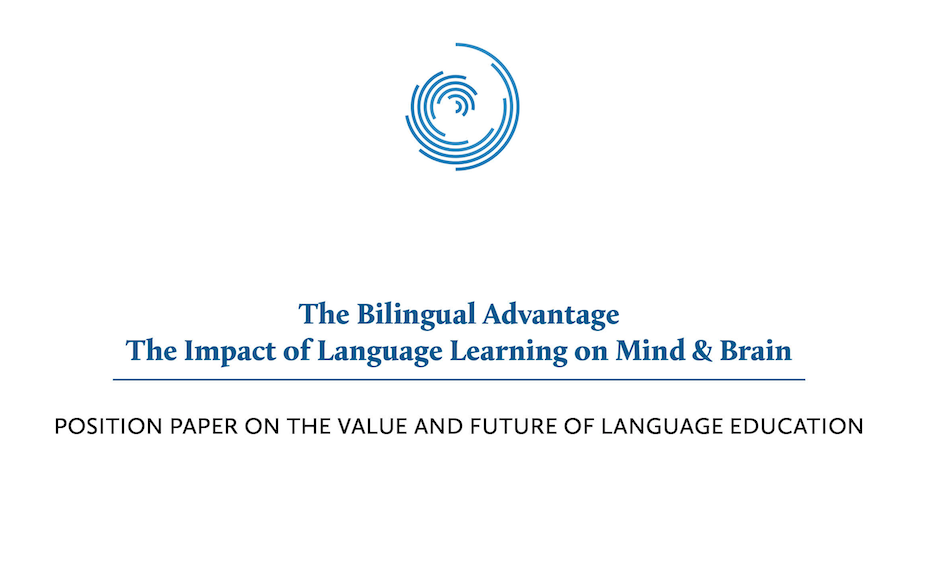

Why language education often fails and how language learning brings us profound advantages
En español
Em português
Tiếng Việt
Advances in technology continue to reveal scientific understanding of the advantages on mind and brain for those who know more than one language.
A 2020 update review of the landmark 2009 meta-study on neuroscientific insights into languages and creativity produced for the European Commission, has just been published in Finland.
The Impact of Language Learning on Mind and Brain reveals six key advantages for people who use more than one language.
The advantages relate to our neural architecture, our memory, how we think, learn, understand other people, solve problems, and safely navigate the information-rich digital world.
The scientific evidence-base on languages, mind and brain has expanded in the last decade.
This science provides insights on the design of educational practices. One of these is to re-think the teaching of languages as separate subjects. Another is to consider providing opportunities for young people to learn topics through an additional language.
This paper provides a succinct summary of the key issues involved in understanding success drivers for languages in education. It argues that knowledge of more than one language, even if partial, can provide people with advantages not accessible to monolinguals.
https://educlusterfinland.fi/bilingual-advantage
Information: [email protected]
Marsh D., Díaz-Pérez, W., Frigols Martín, M.J., Langé, G., Pavón Vázquez, V., Trindade, C. (2020) The Bilingual Advantage: The Impact of Language Learning on Mind & Brain. Jyväskylä: EduCluster Finland, University of Jyväskylä Group